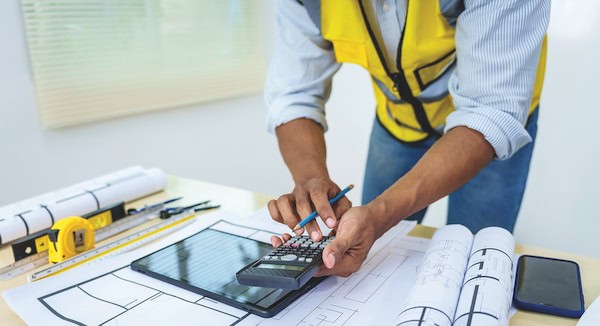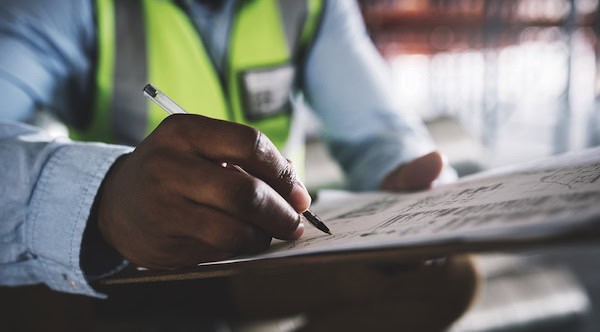Compliance: Working With Building Departments

For example, failure to adhere to fire safety codes, such as having accessible means of egress, could lead to dangerous situations in the event of an emergency.
One of the most effective ways to mitigate these potential risks is by collaborating closely with your local building department and building officials to ensure your facility remains safe. Local requirements change over time to address new risks and technologies; therefore, facility managers must remain aware and informed about updates to local codes and safety standards.
This article will discuss how facility managers can effectively work with their local building departments to navigate building code compliance and utilize the resources that are available to them.
Understanding The Role Of Your Local Building Department
Building departments are vital resources for the construction, renovation, or continued compliance of buildings. They enforce local codes and regulations to ensure that facilities meet both safety and legal requirements. Their goal is to protect their communities by ensuring that all buildings, from new construction to older infrastructure, meet vital safety regulations.
Within the building departments, building officials are the primary staff responsible for interpreting and enforcing these codes and standards. They conduct inspections, approve permits, and investigate any complaints about existing buildings, along with many other building safety-related activities.
How Facility Managers Can Engage With Local Building Departments
Building a strong relationship with local building departments and officials is essential for smooth operations and compliance. Here are a few ways facility managers can collaborate effectively:
1. Proactive Communication
- Facility managers should not wait until there is an issue to reach out to building officials.
- You should contact your local building department the moment you start planning ona construction or renovation project. If you are questioning whether your project is important enough to utilize the support of your local building department, the answer will most likely be yes.
2. Understand The Tools Building Departments Provide And How To Access Them
- Building departments have become transparent governmental agencies that provide as much information as possible to facility managers and the public. This includes access to documents and resources such as permit application forms, information on how long it takes to get plans approved, the process to schedule inspections, and what permits and/or documentation are on file and available at your property.
- Many building departments allow you to apply for a permit or request an inspection using online tools.
3. Permit Applications And Inspections
- When applying for permits, facility managers should ensure all paperwork is accurate and submitted well in advance. Be prepared for inspections and ensure that your facility is in good standing before the official visit.
- Also, familiarizing yourself with the specific code and standard requirements in your community can prevent confusion and unnecessary delays during projects.
4. Develop A Two-Way Relationship
- Building trust with local officials is essential–your local building department wants your facility to be safe and successful. Transparency, honesty, and timely responses to inquiries will foster positive relationships. A good relationship with building officials may even lead to quicker resolutions in some instances.

Collaborating For Safety
Collaboration between facility managers and local building departments is essential to ensure safety, mitigate risks, and comply with local regulations.
By maintaining an open line of communication, staying informed about local codes, and fostering strong relationships with building officials, facility managers can prevent potential issues before they arise.
Don’t wait until your next inspection to check for compliance. It’s important to act today. Schedule a meeting with your local building department, review your facility’s safety standards, and ensure that compliance is part of your ongoing management strategy.
By Kevin McOsker
From the October 2025 Issue
McOsker is the Vice President of Technical Resources with the International Code Council with the Government Relations Department. Previously, McOsker was the Director of the Department of Building and Safety and the Building Official for the City of Las Vegas. McOsker is a Certified Building Official and a Nevada Professional Engineer and has a Bachelor of Science in Civil Engineering from University of Nevada–Las Vegas.
Do you have a comment? Share your thoughts by sending an e-mail to the Editor at [email protected].

